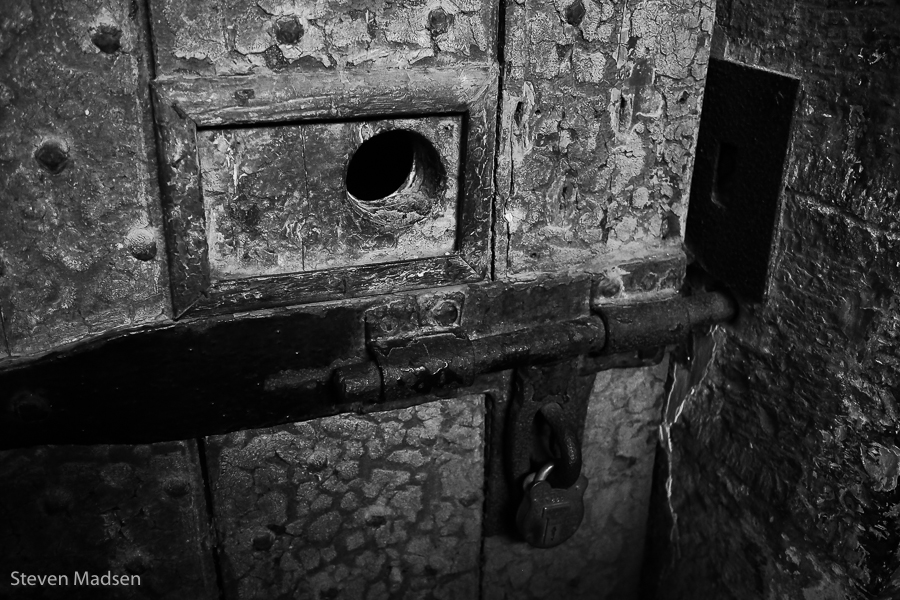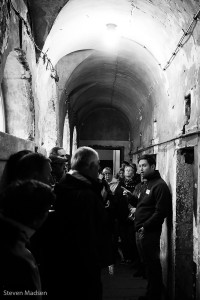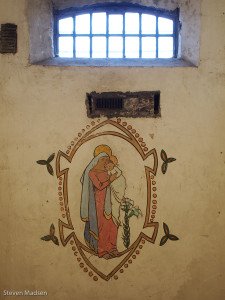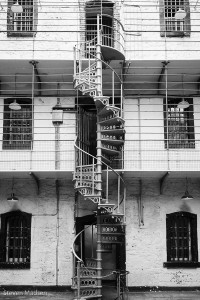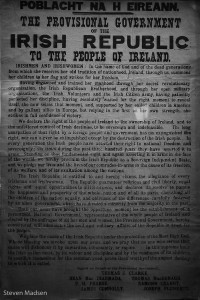It is a maxim among these lawyers, that whatever hath been done before, may legally be done again: and therefore they take special care to record all the decisions formerly made against common justice and the general reason of mankind.
Jonathan Swift
Kilmainham Gaol, on Dublin’s outskirts, is reviled as a place of suffering and death for Irish patriots struggling to free their country from English rule. Yet to the English, Kilmainham was a model gaol for the health and well-being of its prisoners replacing the barbaric conditions of the previous age. Used most notably as a political prison, Irish revolutionaries imprisoned there are synonymous with Ireland’s struggle for independence. Its last prisoner, Eamon de Valera, became President of the Irish Republic and led his people to develop a socially and culturally conservative society shunning militant republicanism.
The prison lay derelict for decades until local historians sought to preserve it as a significant site in Irish history, and the restored buildings evoke unease as you listen to the guide’s stories of those incarcerated here. Of course, many petty criminals and brutal thugs also spent time in Kilmainham, and it would be wrong to impart on them the sympathy accorded the political prisoners although some were equally brutal in their pursuit of independence.
Kilmainham offers a glimpse of Irish history through the lens of political imprisonment, a stirring and tragic tale that only tells one side of a multifaceted history but a story any visitor to Ireland should understand before heading deeper into the country and its history.
